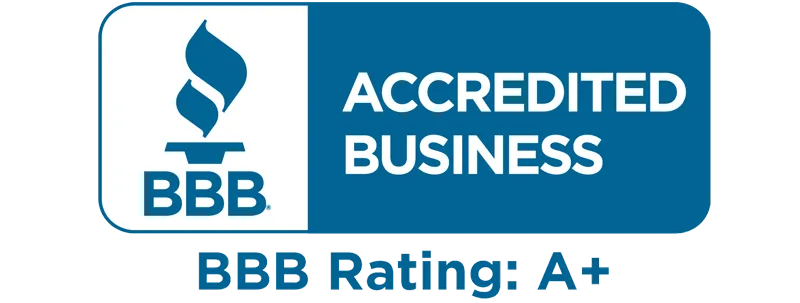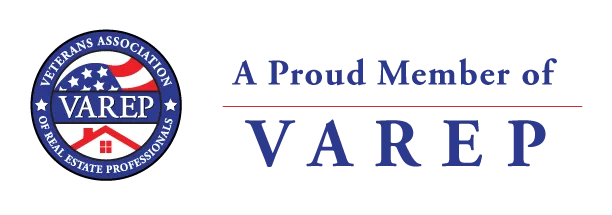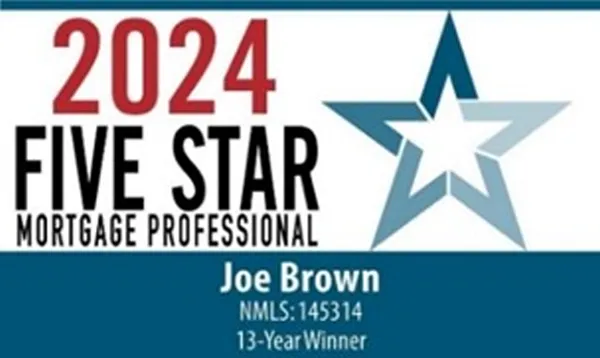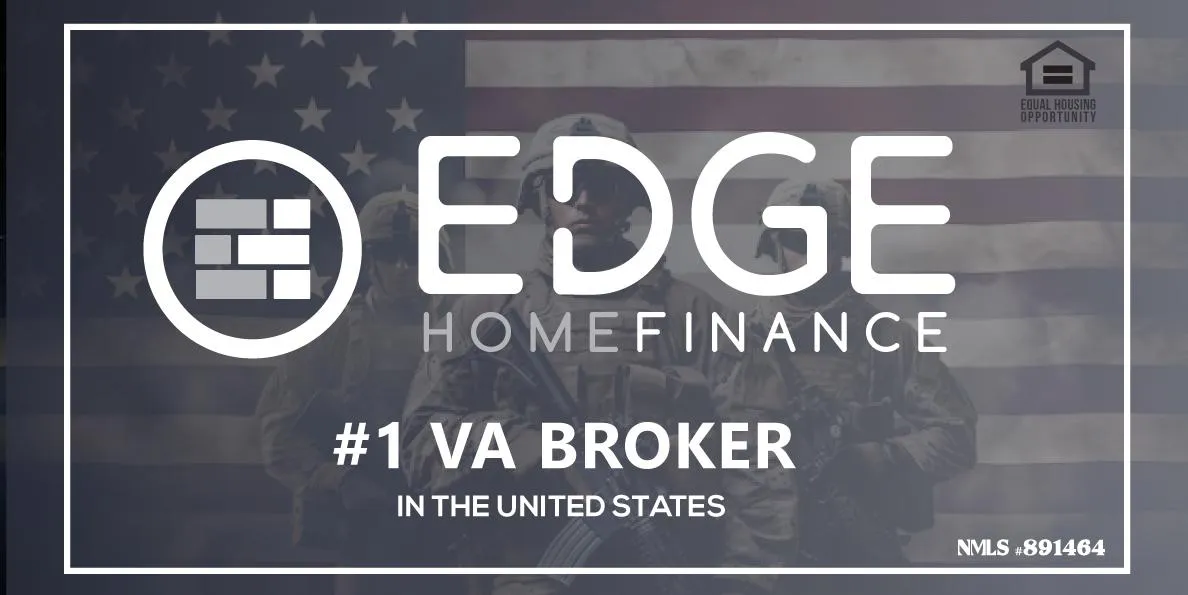Work With A VA Home Loan Specialist
You Served. You Sacrificed. Let Us Help You Get The VA Benefits You Earned & Deserve
10 Things Veterans Should Know About VA Loans
Less than 24% of military veterans in the U.S. today have ever used their VA home loan benefit. Eligible veterans often bypass the program because they don’t know the advantages and think getting a VA loan is difficult. So here are some important features of VA home loans.
1. VA loans are not just for first time homebuyers.
A big advantage of a VA loan is that qualified buyers can usually finance 100% of their primary home’s purchase price. Most other loan options require at least some down payment, so when buying that first home there’s no need to wait and save for a down payment. However, veterans can also use their VA loan benefit to buy their dream home with little or no down payment and keep more of their assets invested. VA loan rates and qualifying guidelines are typically better than conventional “jumbo” loan programs too.
2. There’s no limit on VA loan amounts, but there is a limit on veteran’s closing costs.
As long as the veteran qualifies for the loan and a lender will fund it, the VA will guarantee it. Most financial institutions establish specific loan limits, including those for VA loans. Origination charges are limited on VA loans, resulting in less fees than with other types of loans.
3. The seller or builder is allowed to pay up to 4% of the home purchase price in concessions to the veteran, PLUS normal buyer’s closing costs.
The VA considers a seller concession as anything of value added to the transaction that isn’t normally paid by the buyer or covered by a lender credit. Common seller concessions may include: paying the VA funding fee, paying off buyer's debts to assist in qualifying for the loan, a permanent interest rate buydown, a temporary interest rate buydown (for up to three years), prepayment of taxes and insurance, paying homeowners' association (HOA) fees, and household items (such as appliances).
4. VA loans are guaranteed by the government.
The government does not lend money for the loan; the veteran gets financing from a mortgage lender as they would for any mortgage loan. The VA guarantees that a portion of the loan will be paid to the lender if the homeowner defaults, but VA loans historically have low foreclosure rates. This further reduces risk for lenders, giving them the confidence to offer great rates and terms. VA loans cannot be used to buy a second home or investment property, which are considered riskier than loans for a primary residence.
5. VA loan underwriting is more lenient.
Since the VA guarantee reduces a lender’s risk, they can be more flexible underwriting the loan. VA guidelines do not have a minimum required credit score, which gives lenders the latitude to approve loans with lower scores. Unlike conventional loans, VA interest rates are not based heavily on credit scores. For example, veterans with an average credit score may get the same interest rate as someone with an excellent score. There is also an Energy Efficient Mortgage option allowing veterans to finance up to $6,000 worth of upgrades in order to meet the HERS' energy-efficient standards.
6. There's no private mortgage insurance (PMI).
With a VA loan, the veteran avoids monthly mortgage insurance fees associated with loans with less than a 20% down payment, helping them save money each month. There is a one-time Funding Fee applied to a VA purchase or refinance that is typically financed into the loan. Its purpose is to help cover losses on VA loans that go into default, thus sustaining the benefit for more veterans. The fee is a percentage of the loan amount and is based on factors such as the veteran’s first or subsequent time to use a VA loan and amount of down payment. However, veterans with a 10% or more service-related disability and surviving spouses of fallen service members are exempt from paying a Funding Fee.
7. The VA loan benefit never expires.
Veterans can use their VA home loan benefit as many times as they want. When they sell a home and pay off the VA loan, they can re-use the benefit to buy another home with their entitlement being restored in full.
8. Refinancing a VA loan is simple compared to other mortgage refinances.
Veterans may refinance a primary residence by using the Interest Rate Reduction Refinancing Loan, or IRRRL, to easily drop their rate and/or payment without an appraisal or income verification. But debt-to-income qualification may be required if the new payment increases by more than 20%. That situation might occur when refinancing an adjustable-rate loan or a 30-year term loan with a 15-year term. This streamline refinance gives VA loan holders a less expensive way to access lower rates. Unfortunately, in the state of Texas, veterans can’t refinance a VA loan and receive cash from home equity due to state law.
9. A VA loan is assumable
One of the undervalued benefits of VA loans is that they're assumable by another buyer who takes over the veteran’s existing mortgage, with VA approval. If the new buyer is a veteran with VA loan entitlement, they can substitute their entitlement for the current owner’s and assume liability for repaying the loan. If the new buyer doesn’t have VA entitlement, the veteran’s entitlement will remain attached to the loan until it’s paid in full. The person assuming the loan must qualify based on current VA lending guidelines and pay a funding fee of 0.5 percent of the loan balance. Veterans who would typically be exempt from the VA Funding Fee are also exempt from this fee. Selling on assumption may give VA homeowners an advantage when it comes to marketing their home. In a higher rate environment, the ability to take over someone else's mortgage—including their low interest rate and monthly payment—is a nice selling point.
10. Veterans can build a new home with no down payment.
There are a limited number of lenders who offer this unique loan option. Most conventional construction loans require a 20% down payment at closing or the veteran must have 20% equity in the total project when building on a lot that they own. With a VA one-time close construction loan, the veteran has no down payment at closing and can finance the construction and lot cost (or pay off) into one loan, for up to $4,000,000. Moreover, no payments are required during construction (for up to 12 months), and the loan rate may be modified if lower than the start rate, without refinancing the loan.






Menu
Joe Brown, NMLS #145314
Reagan Rains, NMLS #233020
Address: 5868 Baker Road, Minnetonka, MN 55345 and NMLS# 891464

Copyright © Brokered by Edge Home Finance. All rights reserved. Mortgage Website designed and powered by Rad CRM.